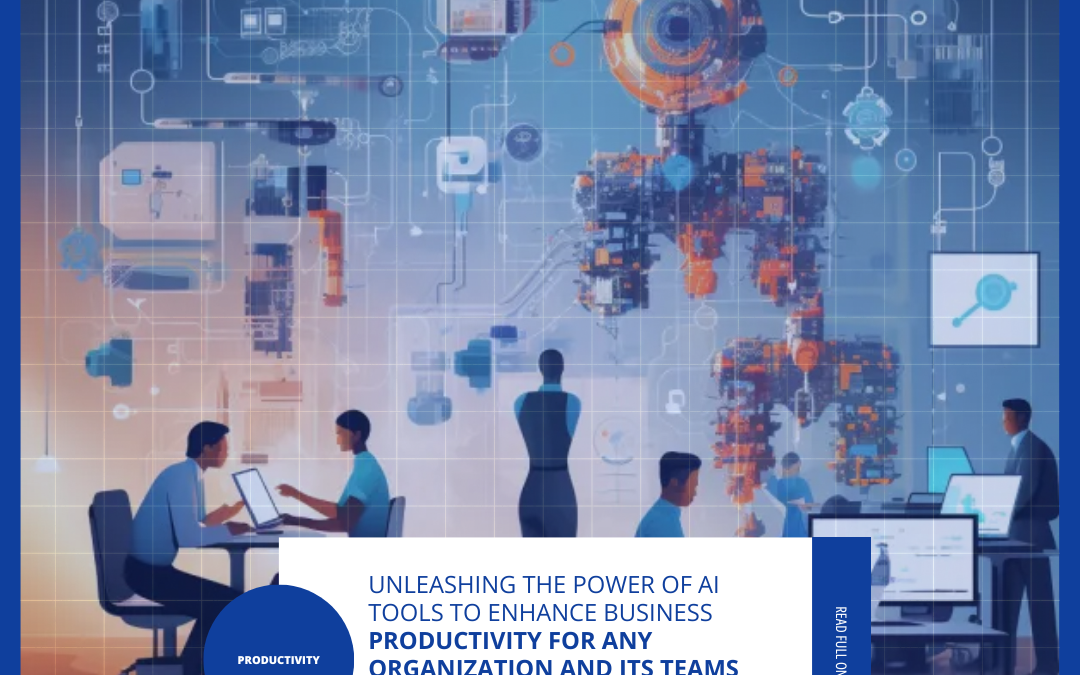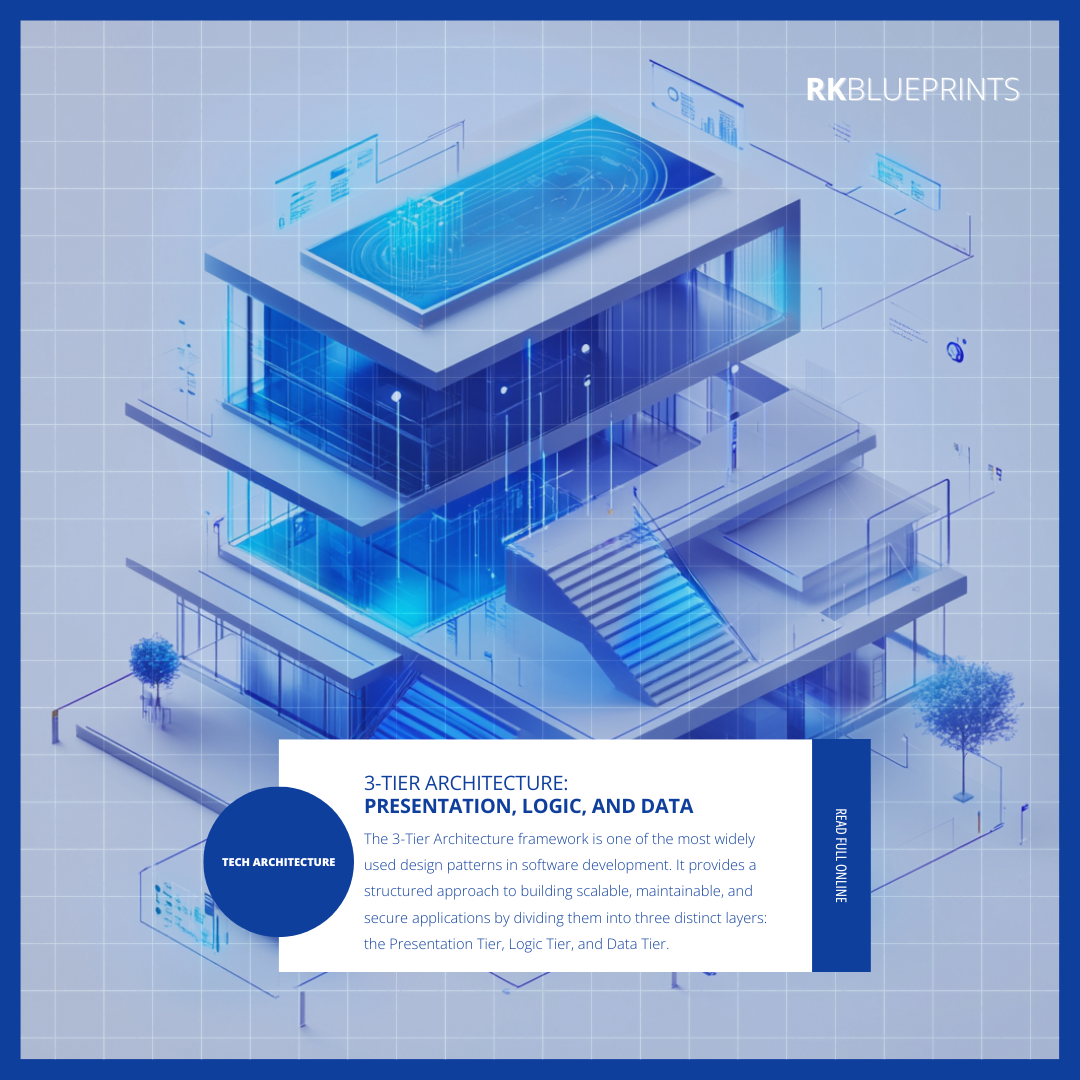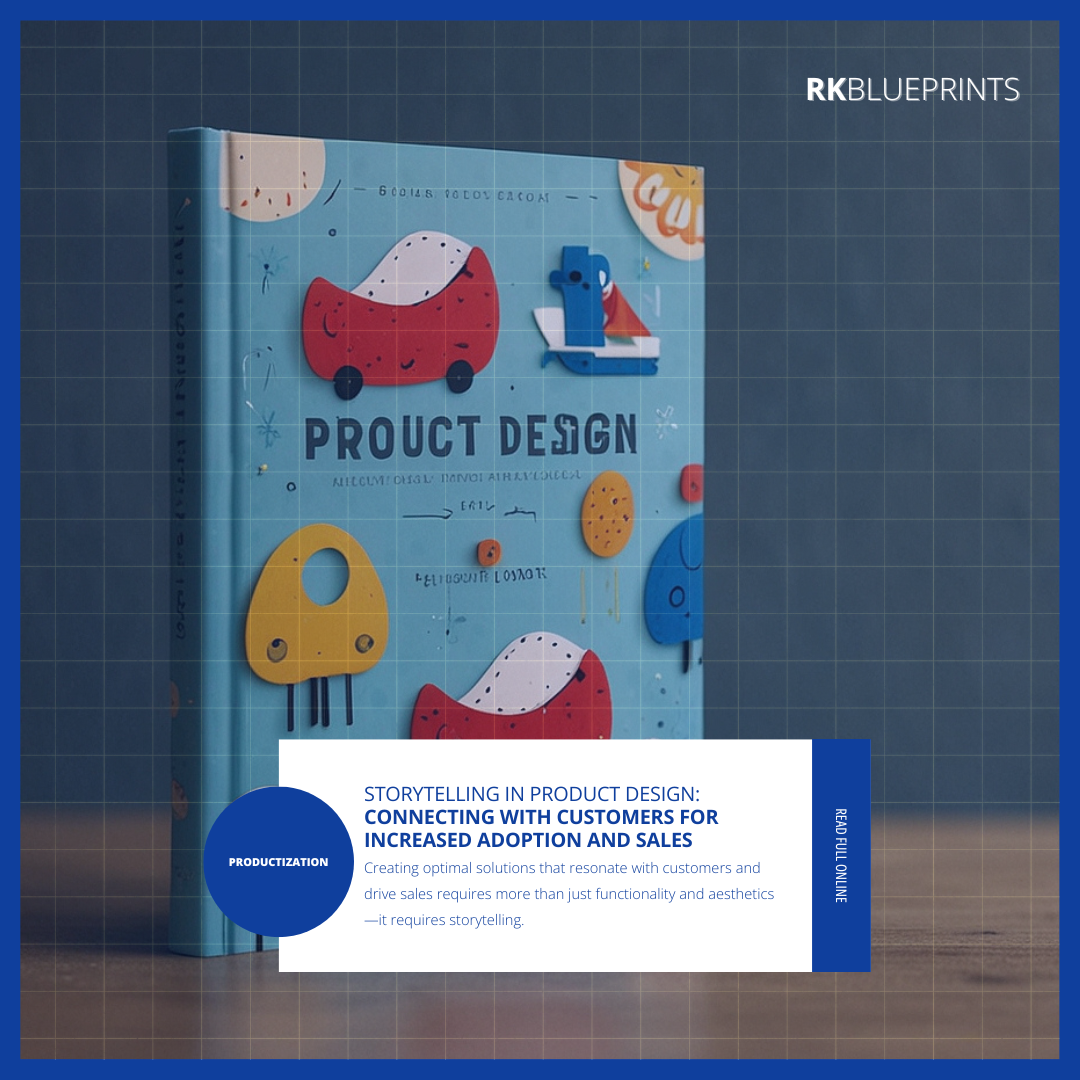In the dynamic and ever-evolving business landscape, staying ahead of the competition requires organizations to embrace innovative technologies. Among these, artificial intelligence (AI) has emerged as a workplace game-changer, revolutionizing the way businesses operate. With its vast potential, AI tools have proven to be invaluable assets across various functions of an organization, delivering efficiency, insights, and competitive advantages. In this read, we will explore the multifaceted benefits of AI tools within each function of a business — paving the way for a more prosperous future for an organization and the people a part of it.
Customer Success
AI-powered chatbots and virtual assistants have revolutionized customer service by providing instant, personalized support. These tools can handle a wide range of customer queries, assist with product recommendations, and offer 24/7 support. Natural language processing allows AI tools to understand customer sentiments and provide empathetic responses, enhancing customer satisfaction and loyalty.
As many of us have already come to take notice of, AI tools have revolutionized the customer service landscape, enhancing customer success and satisfaction. AI-powered chatbots and virtual assistants provide instant responses to customer inquiries, offer product recommendations, and guide users through common issues. Natural language processing allows these tools to understand customer sentiments, providing empathetic and personalized interactions. With 24/7 availability, AI-powered customer service tools ensure round-the-clock support, increasing customer loyalty and driving brand reputation. Additionally, AI tools can analyze customer interactions to gather feedback and identify areas for improvement in products or services, enabling organizations to enhance their offerings based on customer preferences and needs.
Marketing and Sales
AI has transformed the marketing and sales landscape, empowering businesses to personalize customer experiences, optimize campaigns, and increase conversion rates. By leveraging AI-powered analytics tools, organizations can sift through massive volumes of customer data, uncover patterns, and generate actionable insights. These insights enable targeted marketing campaigns, predictive lead scoring, and efficient sales forecasting, resulting in enhanced customer engagement, increased revenue, and improved decision-making.
AI tools have become indispensable in the realm of marketing and sales. By leveraging AI-powered analytics tools, businesses can gain valuable insights from vast amounts of customer data. These tools can identify patterns, preferences, and behaviors, enabling targeted marketing campaigns and personalized customer experiences. AI-driven recommendation engines help businesses offer relevant product suggestions, increasing cross-selling and upselling opportunities. Furthermore, AI-powered predictive lead scoring helps prioritize leads based on their likelihood to convert, enabling sales teams to focus their efforts more effectively. Overall, AI tools in marketing and sales boost customer engagement, increase conversion rates, and drive revenue growth.
Operations, Project Management, and Supply Chain Management
From streamlining operations to optimizing the supply chain, AI tools bring unparalleled efficiency and accuracy. Intelligent automation and machine learning algorithms enable businesses to automate repetitive tasks, minimize errors, and drive productivity. AI-powered predictive analytics can optimize inventory management, demand forecasting, and logistics, leading to reduced costs, improved inventory turnover, and better customer satisfaction.
AI tools bring significant advantages to the domain of operations and supply chain management. Intelligent automation powered by AI algorithms can streamline routine processes, reducing manual efforts and errors. Machine learning models can analyze historical data and make accurate demand forecasts, optimizing inventory levels and ensuring efficient supply chain management. AI tools can also monitor real-time data, identify potential bottlenecks, and proactively address issues to ensure smooth operations. From optimizing production schedules to improving logistics and warehouse management, AI tools enhance efficiency, minimize costs, and improve overall operational performance.
Human Resources and People Operations
AI tools are revolutionizing the HR function by simplifying and accelerating various processes. Chatbots and virtual assistants can handle initial candidate screenings, answer employee queries, and streamline administrative tasks, freeing HR professionals to focus on strategic initiatives. AI-driven algorithms can analyze candidate resumes, assess cultural fit, and identify top talent, saving time and ensuring the best hires. Furthermore, AI-based sentiment analysis tools can gauge employee engagement, helping organizations proactively address concerns and create a positive work environment.
AI tools are transforming the way organizations manage their human resources. Chatbots and virtual assistants powered by natural language processing (NLP) enable HR departments to handle employee inquiries, provide on-demand assistance, and automate routine administrative tasks. This frees up HR professionals’ time, allowing them to focus on strategic initiatives and talent development. AI algorithms can analyze resumes, assess candidates, and identify the best fit for job roles, streamlining the recruitment process. Additionally, sentiment analysis tools powered by AI can gauge employee satisfaction and engagement, helping organizations identify areas of improvement and take proactive measures to enhance employee well-being and productivity.
Finance and Accounting
AI is reshaping the finance and accounting landscape by automating repetitive tasks and improving accuracy. Intelligent algorithms can process invoices, detect anomalies, and reconcile financial statements, reducing manual efforts and minimizing errors. Advanced AI-powered predictive models enable accurate financial forecasting, risk assessment, and fraud detection, safeguarding the organization’s financial health and ensuring compliance.
AI tools have had a profound impact on finance and accounting functions. Automation powered by AI algorithms can handle repetitive tasks such as invoice processing, data entry, and reconciliation, significantly reducing the time and effort required. AI-driven predictive models can provide accurate financial forecasting, enabling better resource allocation and budget planning. Furthermore, AI tools can analyze large volumes of financial data to identify anomalies and patterns, helping detect potential fraud and ensuring regulatory compliance. The increased efficiency and accuracy offered by AI tools in finance and accounting allow organizations to make informed financial decisions, mitigate risks, and maintain robust financial health.
AI tools have permeated every facet of an organization’s business, revolutionizing the way businesses operate, make decisions, and engage with customers. From marketing and sales to operations, HR, finance, and customer service, AI tools offer unprecedented efficiency, accuracy, and insights. By embracing these technologies, organizations can unlock their true potential, gain a competitive edge, and navigate the challenges of a rapidly changing business landscape. Embrace the power of AI and embark on a journey toward innovation and success.
For more information about AI and human collaboration, check out my article Unlocking Hybrid Intelligence: The Merging of AR/VR, AI, and Human Potential.







Recent Comments